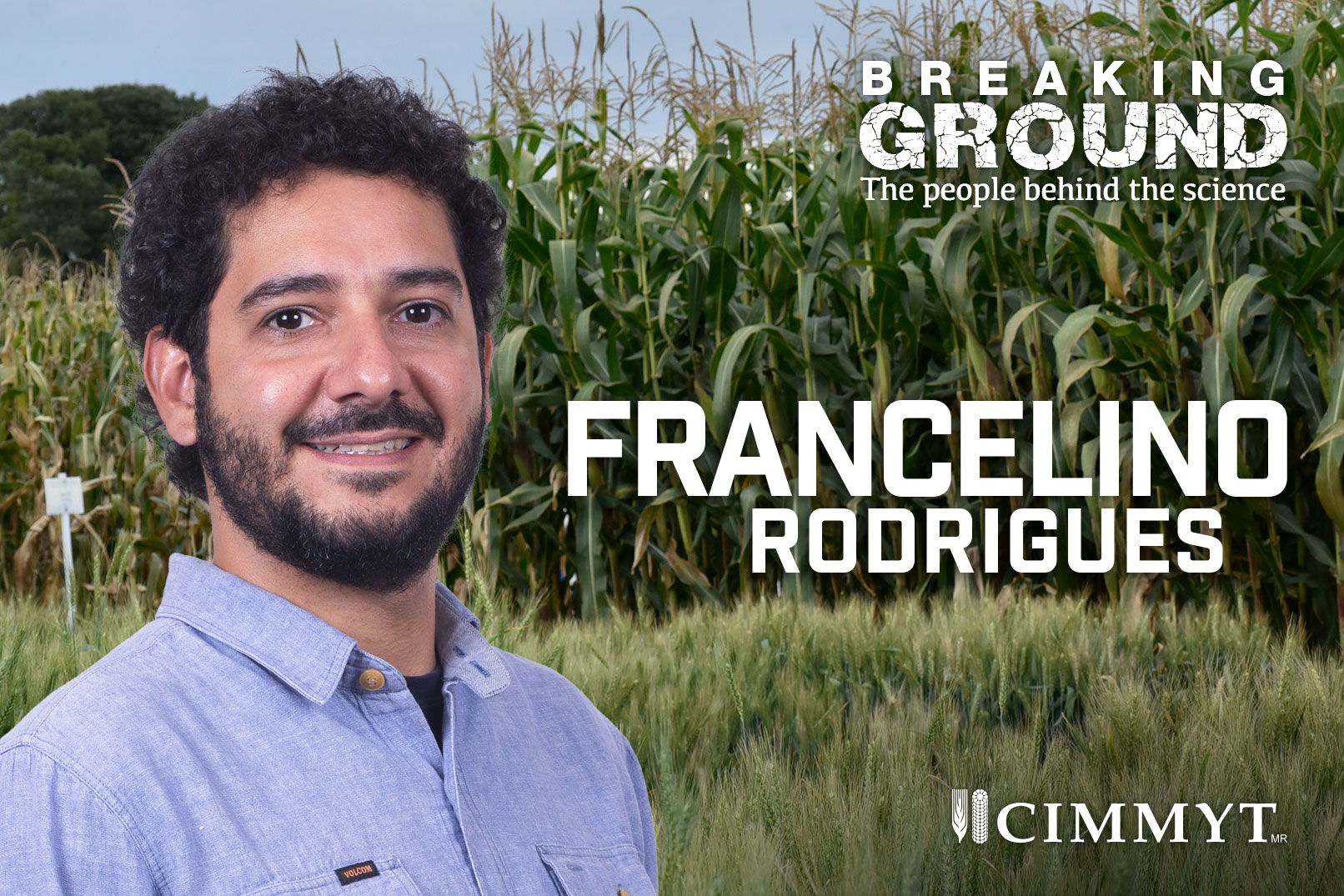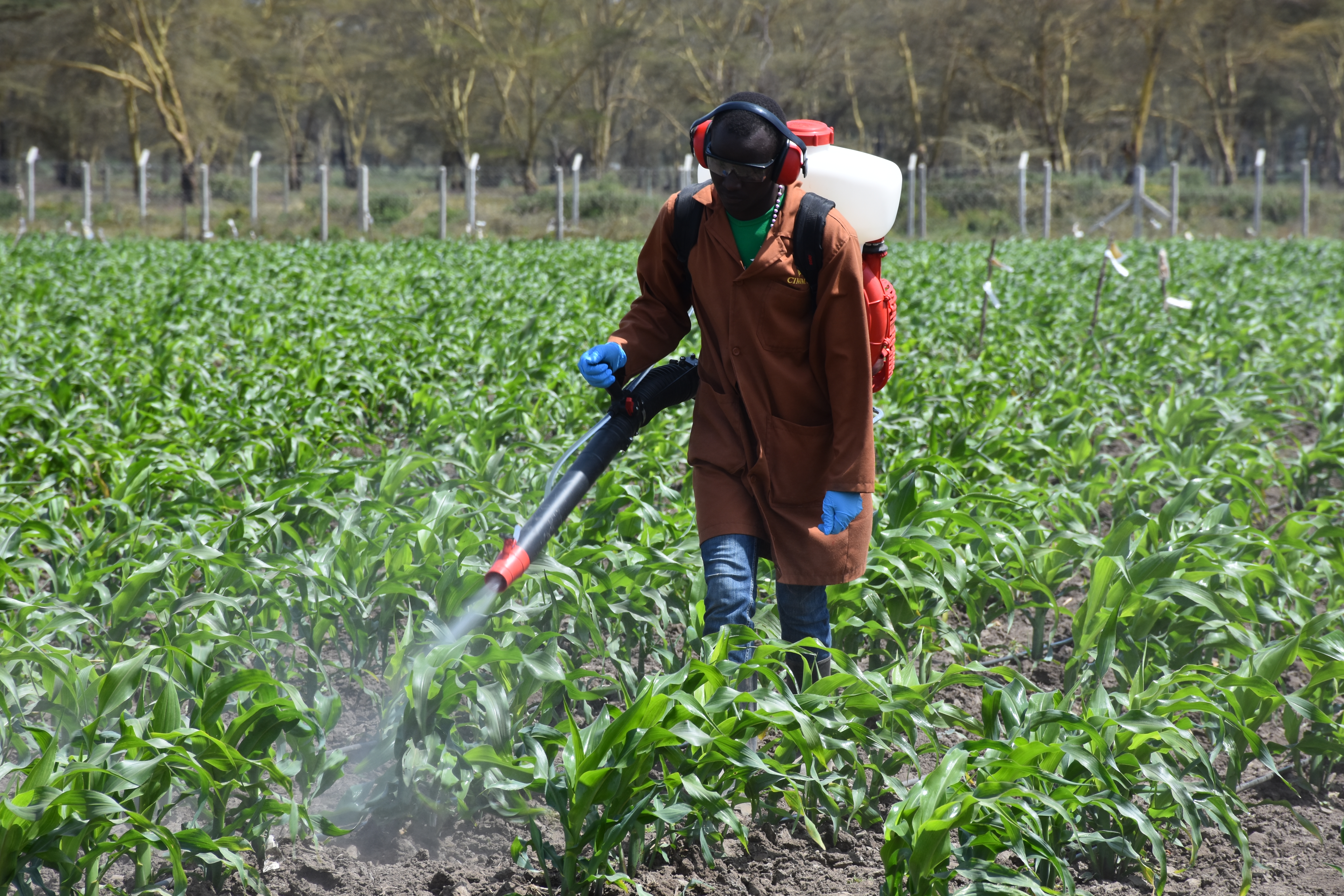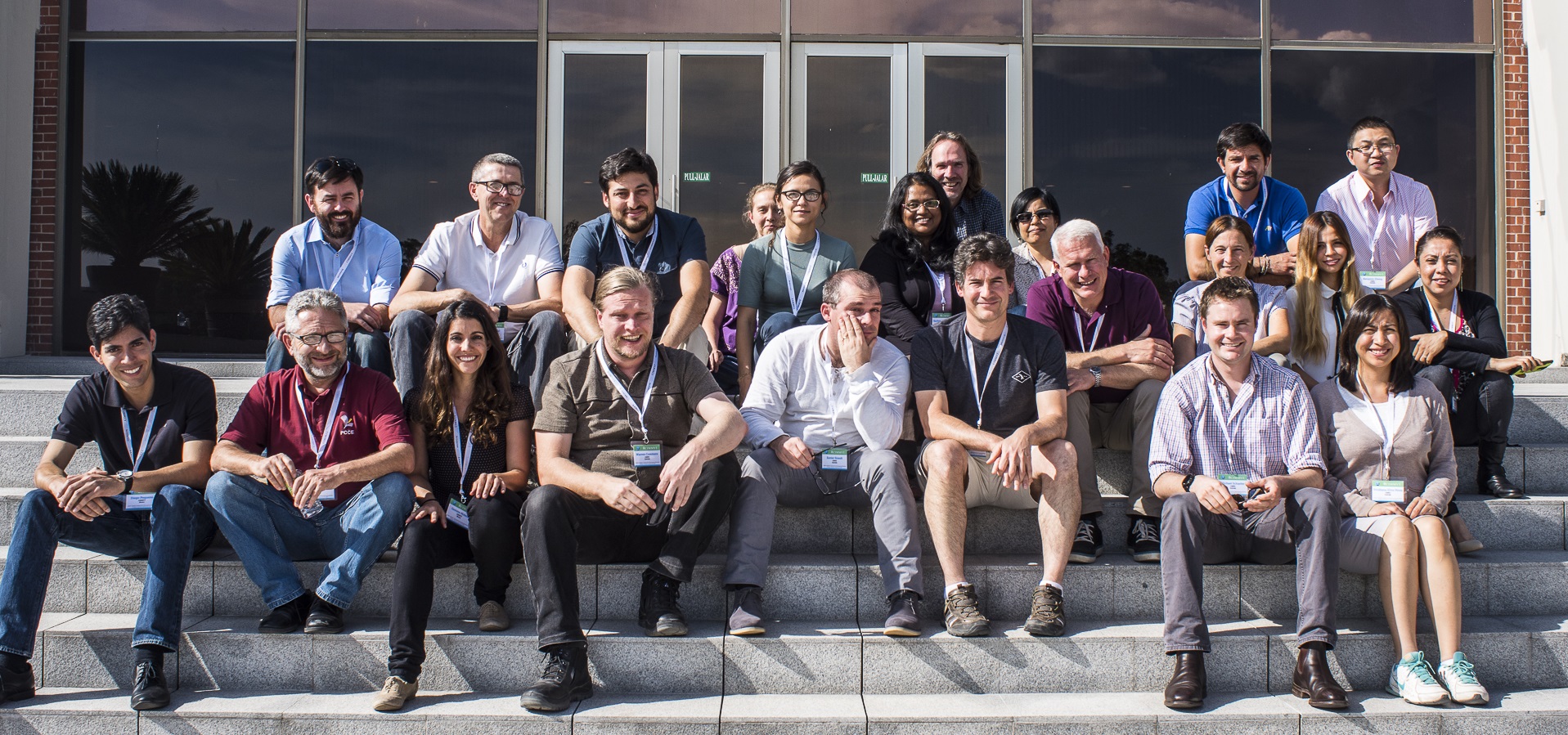Innovations
Working with smallholders to understand their needs and build on their knowledge, CIMMYT brings the right seeds and inputs to local markets, raises awareness of more productive cropping practices, and works to bring local mechanization and irrigation services based on conservation agriculture practices. CIMMYT helps scale up farmers’ own innovations, and embraces remote sensing, mobile phones and other information technology. These interventions are gender-inclusive, to ensure equitable impacts for all.
First blast resistant, biofortified wheat variety released in Bangladesh
 Innovations
Innovations
The first blast resistant wheat variety has been released in Bangladesh.
How a seed bank in Mexico produces data to help alleviate poverty
 Innovations
Innovations
Scientist Kevin Pixley leads a project to catalogue 178,000 corn and wheat seeds at the CIMMYT seed bank near Mexico City.
New Publications: Using networks to disseminate agricultural innovations
 Innovations
Innovations
A new study examines how networks help spread new technologies and innovations in agriculture.
Breaking Ground: Francelino Rodrigues on high-tech farming
 Innovations
Innovations
Francelino Rodrigues’ expertise in precision agriculture brings a high-tech element to CIMMYT’s field trials.
New Publications: Improving wheat breeding through modern genetic tools
 Innovations
Innovations
A new study shows how wheat breeders can more efficiently increase yield and improve their selections by using modern genetic tools.
Why development needs innovation
 Capacity development
Capacity development
“Innovation” may be just another development buzzword, but adopting the principles behind it is crucial if organizations hope to attract funding and achieve lasting impact.
New online portal offers information to curb maize lethal necrosis in Africa
 Innovations
Innovations
The new maize lethal necrosis online portal provides up-to-date information and surveillance tools to help researchers control and stop the spread of the deadly disease.
Zero till climate-smart wheat-rice-bean crop rotations in India curb emissions
 Innovations
Innovations
Zero tillage with residue retention techniques in rice-wheat-mung bean crop rotations result in the lowest global warming potential, a study on sustainable intensification in India shows.
Breaking Ground: Mainassara Zaman-Allah uses remote sensing to expedite phenotyping
 Climate adaptation and mitigation
Climate adaptation and mitigation
Mainassara Zaman-Allah uses new technologies to speed up the collection of plant information for breeding.
New planters promote environmentally-friendly farming in Pakistan
 Innovations
Innovations
Farmers and research partners are praising innovative, locally manufactured farm implements that support conservation agriculture in rice-wheat farming rotation in Pakistan.
Farmer in Malawi defines true project success
 Innovations
Innovations
Development initiatives are only truly successful when participants graduate, adopt and leave.
New Publications: Study shows improved maize decreases malnutrition
 Innovations
Innovations
New evidence shows that not only do improved maize varieties increase crop productivity and farmer income, they can also decrease child malnutrition.


